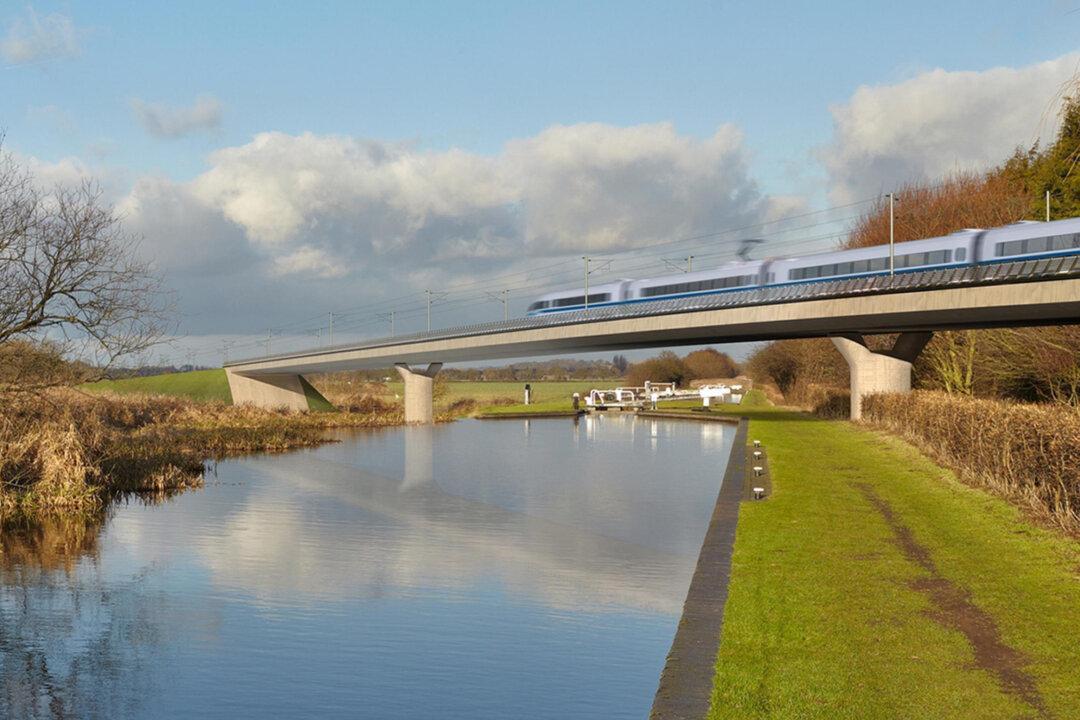The Transport Secretary Grant Shapps has added to growing speculation over the future of the eastern leg of HS2, saying ministers will not “blindly follow” plans drawn up almost two decades ago.
In an interview with the Financial Times, Shapps signaled that a major rethink of the high-speed rail project between Birmingham and Leeds could be in order.




